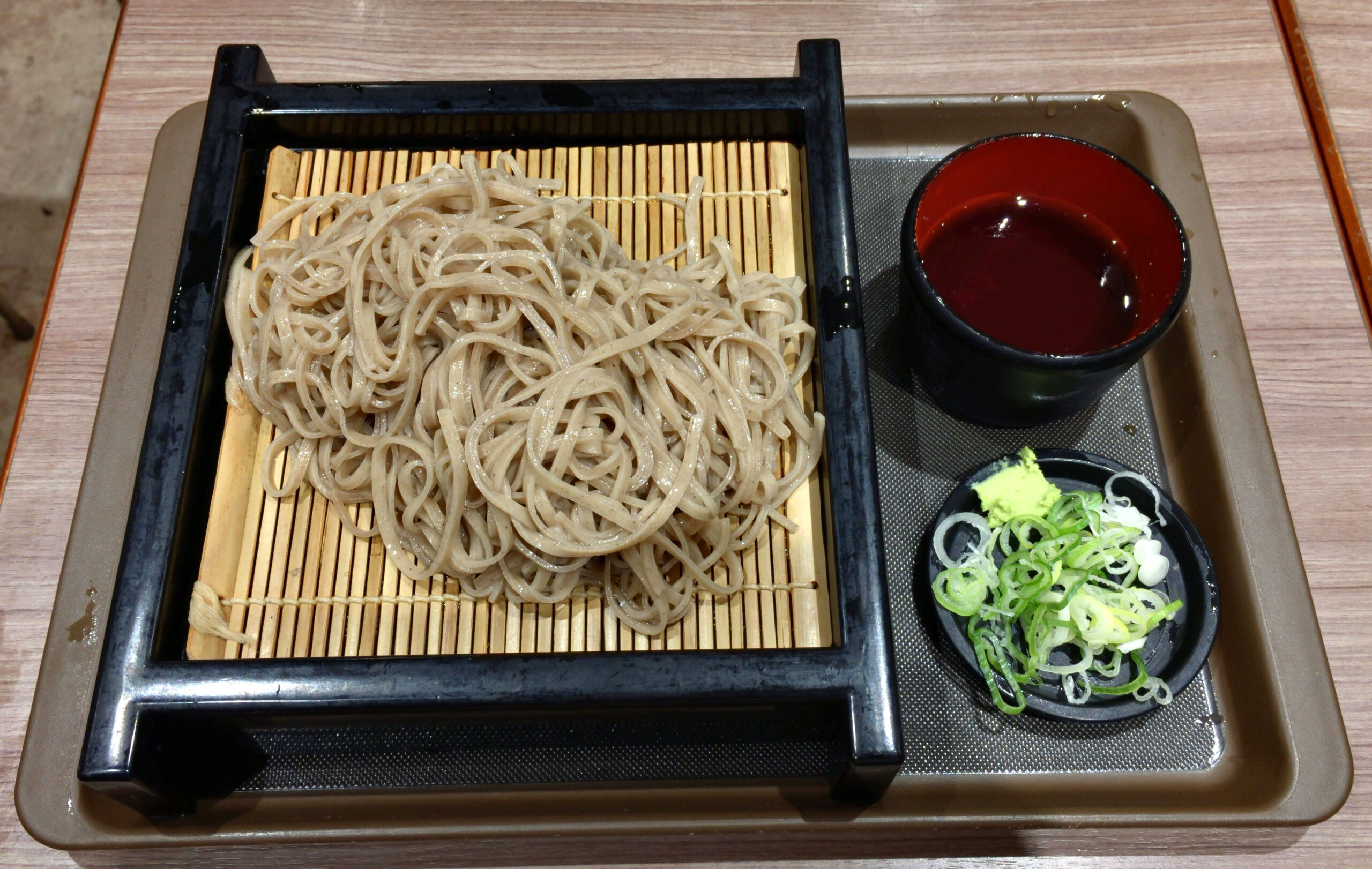Health Benefits of Soba
What are the health benefits of soba?
Soba noodles, which are thin noodles made from buckwheat flour or a combination of buckwheat and wheat flour, are a popular staple in Japanese cuisine. Here are some potential health benefits of soba noodles:
- Rich in Nutrients: Buckwheat, the main ingredient in soba noodles, is a nutritious whole grain that is rich in nutrients like fiber, protein, manganese, and magnesium. It also contains antioxidants like rutin, which may have various health benefits.
- Gluten-Free Option: If made solely from buckwheat flour, soba noodles are naturally gluten-free, making them a suitable choice for people with gluten sensitivity or celiac disease.
- May Support Heart Health: Buckwheat contains compounds like rutin and fiber, which may help lower cholesterol levels and improve heart health. Some studies suggest that regular consumption of buckwheat may reduce the risk of heart disease.
- May Help Manage Blood Sugar: Buckwheat is a complex carbohydrate with a lower glycemic index compared to refined grains. This means that it may help stabilize blood sugar levels and reduce the risk of insulin resistance.
- Source of Dietary Fiber: Soba noodles made from buckwheat are a good source of dietary fiber, which is important for digestive health, regular bowel movements, and may help reduce the risk of developing certain chronic diseases.
- Versatile and Delicious: Soba noodles can be used in a variety of dishes, from soups to stir-fries, making them a versatile and tasty addition to your diet.
It’s important to note that the health benefits of soba noodles can vary depending on the specific ingredients used and how the noodles are prepared. For the most healthful option, look for 100% buckwheat soba noodles and pair them with nutrient-rich toppings and seasonings.
What are the health risks of soba?
Soba noodles are generally considered a healthy food choice, especially when compared to other types of noodles or pasta. However, there are a few potential health risks associated with soba noodles:
- Gluten Contamination: While soba noodles are traditionally made from buckwheat, which is naturally gluten-free, some varieties may also contain wheat flour. This is especially true for cheaper or mass-produced soba noodles. People with gluten sensitivity or celiac disease should look for 100% buckwheat soba noodles or those labeled gluten-free to avoid gluten contamination.
- High Sodium Content: Some commercially prepared soba noodles and packaged soba noodle soups can be high in sodium. Consuming too much sodium can increase the risk of high blood pressure, heart disease, and stroke. It’s advisable to choose low-sodium varieties and watch your overall sodium intake.
- Possible Allergic Reactions: Buckwheat, the main ingredient in soba noodles, is a relatively common allergen. People with a known allergy to buckwheat should avoid soba noodles and products containing buckwheat to prevent allergic reactions.
- Digestive Issues: Buckwheat contains a type of carbohydrate called fructans, which can be difficult for some people to digest. This can lead to digestive issues such as bloating, gas, and stomach discomfort, particularly in individuals with irritable bowel syndrome (IBS) or other digestive disorders.
- Calorie and Carb Content: While soba noodles are often considered a healthier alternative to other noodles due to their whole grain nature, they still contain calories and carbohydrates. Consuming them in large amounts without considering your overall calorie and carb intake could contribute to weight gain or blood sugar spikes in some individuals.
It’s important to note that these risks are generally associated with overconsumption or specific dietary restrictions. For most people, soba noodles can be a healthy addition to a balanced diet when consumed in moderation and as part of a varied and nutritious meal plan.




